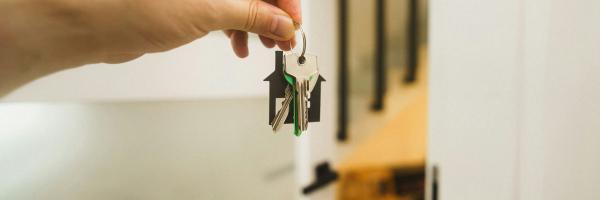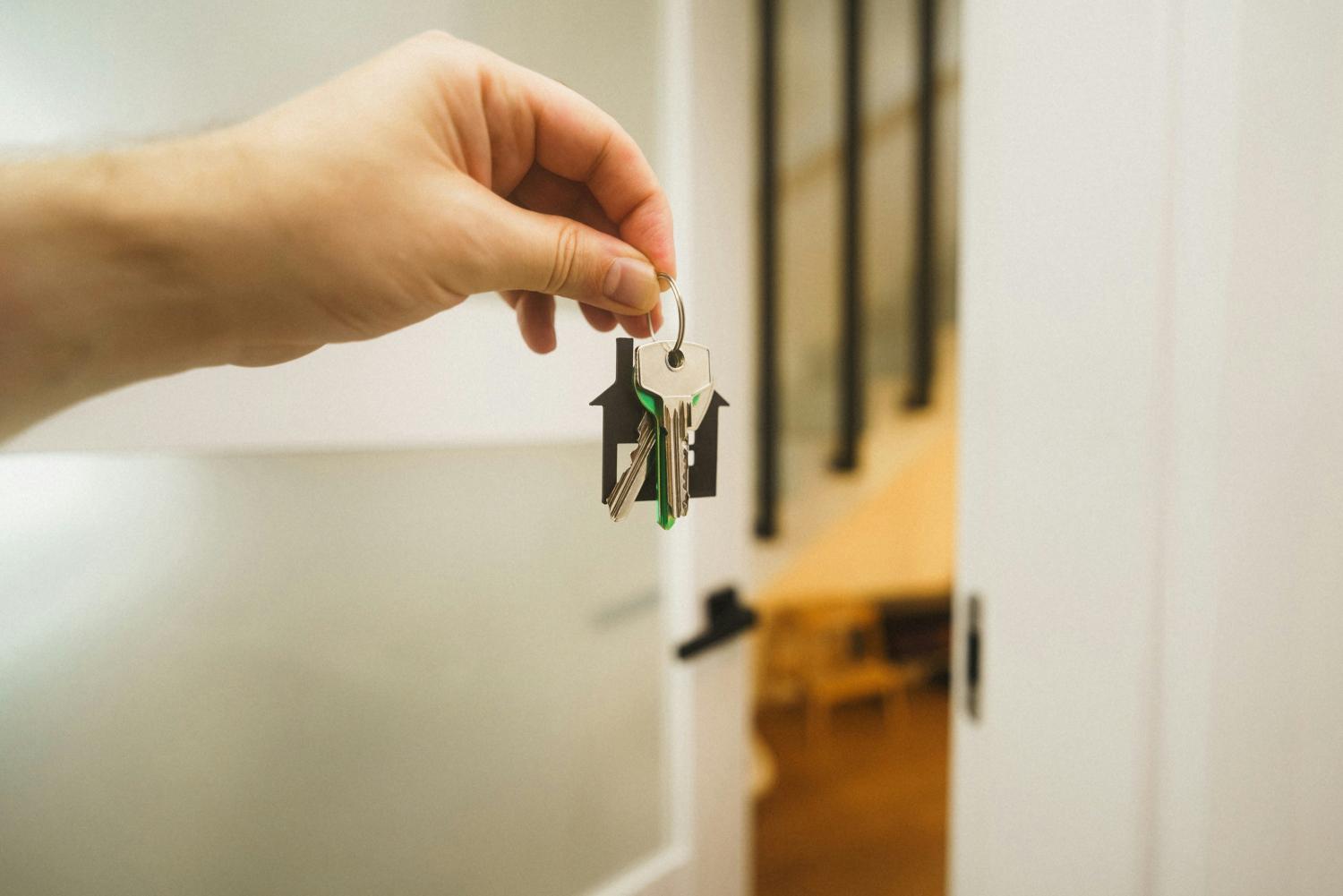Making the move from renting to buying is a big step. When you rent, things are a little more ‘fixed’ - maintenance is someone else’s responsibility, and you can always leave if you need to. Buying a house is a much bigger financial commitment, and many renters aren’t fully prepared for the additional responsibilities coming their way.
If you’re making the switch from renting to buying, check out these top money tips to help you get your finances in place before you take the plunge.
Image Credit: Unsplash under Creative Commons
Save as much as possible (and not just for your deposit)
One of the things renters find most difficult is saving up the money to buy. Rental costs are high, which can leave you with little room for savings each month. If you are managing to save, however, keep in mind that you’ll need to save much more than just your deposit.
The cost of buying a house includes:
-
The mortgage itself (plus any fees to take it out)
-
Solicitors costs
-
Stamp duty/land transaction tax
-
Surveys
-
Land registry fees
These costs can soon add up, so it’s essential to save beyond your deposit when preparing for a house purchase. You’ll also need to consider other spending on things like furniture, decoration and home improvements too.
Some great tips to help you save the extra include:
-
Cut right back on your grocery shopping. It can be tough while food prices are high, but meal prepping and maximising your ingredients can help things stretch a little further.
-
Ditch any non-essential monthly payments and subscriptions. You can live without Netflix for a while if it means you can save a little more!
-
Give up the gym membership and start working out from home.
-
Avoid buying any new clothes for a set period - if there’s something you need, you can always buy it from Vinted or eBay, which is also great for the environment.
-
Take on a side hustle. Whether you’ve got a talent for making things, creative services or you’re simply able to pick up some extra work, it’ll be worth it to boost your house savings.
-
Sell things you no longer need. You’ll be surprised at how much money you can make from selling your spare stuff!
Making some small changes can make a big difference. Try to save as much as possible, and be kind to yourself while doing so - sometimes it takes a little longer to save up what you need!
Get to know your future costs
It’s a good idea to be prepared about the costs that lie ahead once you own your own home. Some costs to think about include:
-
Your mortgage
-
Council tax
-
Utilities
-
Home insurance
-
TV, broadband, phone
-
Service charges (if you’re buying a flat)
-
Maintenance and repairs (including cleaning, gardening etc).
Some of these costs can be surprising compared to what you pay as a tenant. Many renters have bills or essential utilities like water included, so it can come as a shock when you have to start paying for these yourself. Keep in mind that some costs will be higher than what you paid as a renter, and you’ll need to work out your budget accordingly.
Being aware of your monthly costs can help you make realistic choices about how much to spend on a property. While some people like to borrow as much as they can afford, it can be worth borrowing a little less to buy a house, leaving you with more money for your monthly expenses and freeing up some disposable income.
Shop around for the best mortgage
Sometimes, it can feel as though it’s impossible to find a good mortgage deal. However, things are slowly improving, and mortgage rates look set to creep back down. There are a lot of tips for getting the best mortgage rate, but one of the best is to use a broker. The right broker will recover their fee from the lender, and they’ll have access to some great deals that could save you money each month.
As a first-time buyer, you’ll also be eligible for a lot of great deals, so it’s worth taking advantage of those when you’re looking around for a mortgage.
Work hard to get your deposit back
Getting your rental deposit back can give you some much-needed funds as you move into your new home, so it’s important to leave it in as best a condition as possible to avoid any deductions. Some top tips include:
-
Raise maintenance issues and problems as soon as possible with your landlord. The sooner they can get them fixed, the better.
-
Follow the rules of your agreement. If the agreement says no candles, smoking, etc., then stick to it!
-
Get professional end of tenancy cleaning services - this can make a big difference to how your place is left by the time you move out.
-
Keep an eye on the inventory and ensure everything is there when you leave.
Deposits are protected by the Deposit Protection Service, so if there are any proposed deductions that you think are unfair, you may be able to dispute them.
Sign up for the best deals
When you move into your new home, there’ll be a lot of new things to sign up for. From home insurance to broadband, you’ll want to make sure you sign up for the best deals. Do a comparison of what different providers have to offer before you settle on those that make the best sense for you. Some companies offer referral incentives or a bonus for signing up, so weigh up your options before you enter into a long-term contract.
If owning a home is a goal, then renting can be a good step to help you prepare for it. It can give you some valuable experience of managing bills and payments, but it’s good to know what lies ahead. Getting yourself in the best financial position will make a big difference when you finally get the keys to your own place, so focus on cutting costs and saving as much as possible to make it happen. The sacrifices will be worth it!
Hi, I’m Eileen Adamson, money coach, empowering professional women to become happier, healthier and wealthier. By showing you how to make small, sustainable changes, I can help you create the financial security and freedom you deserve.









